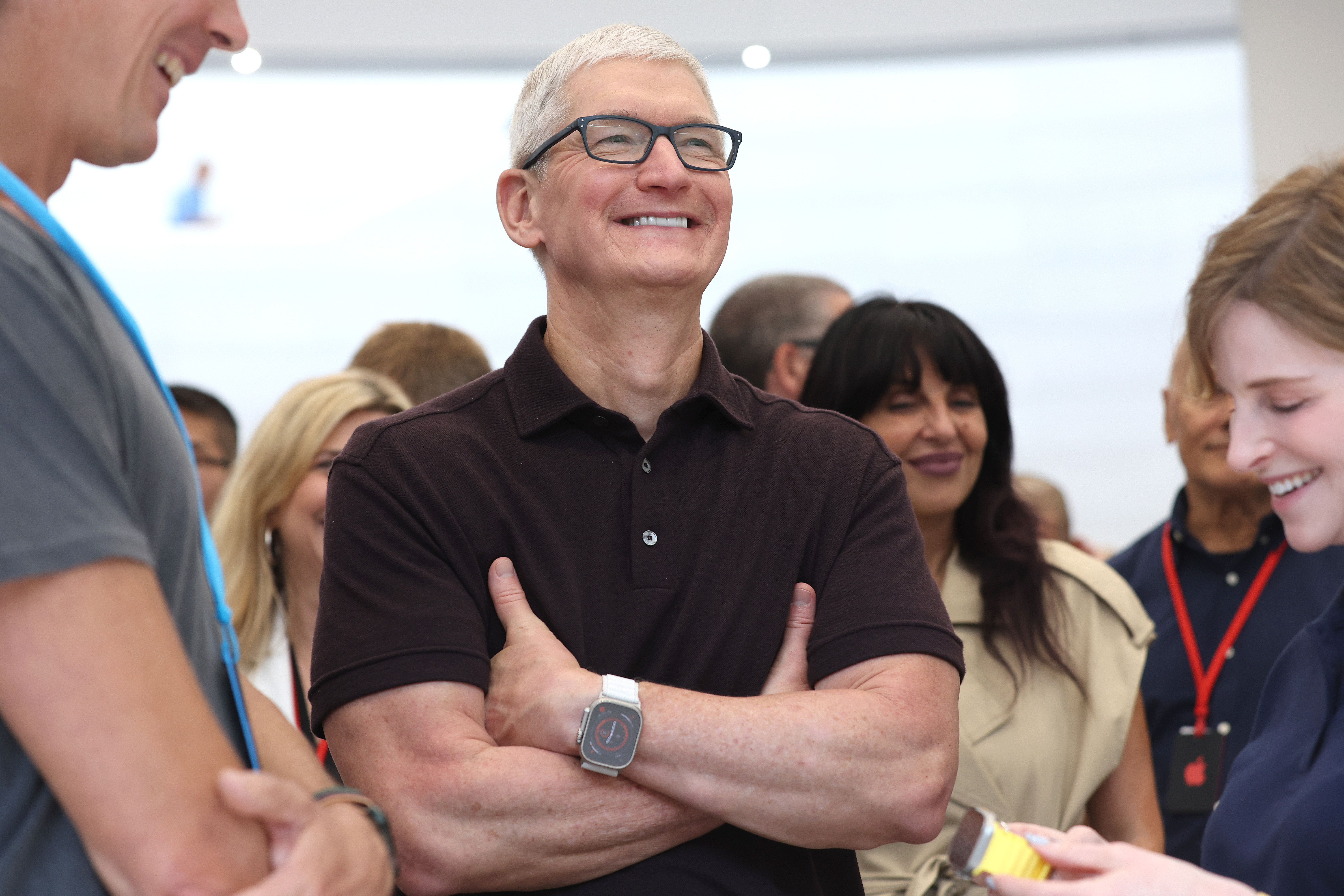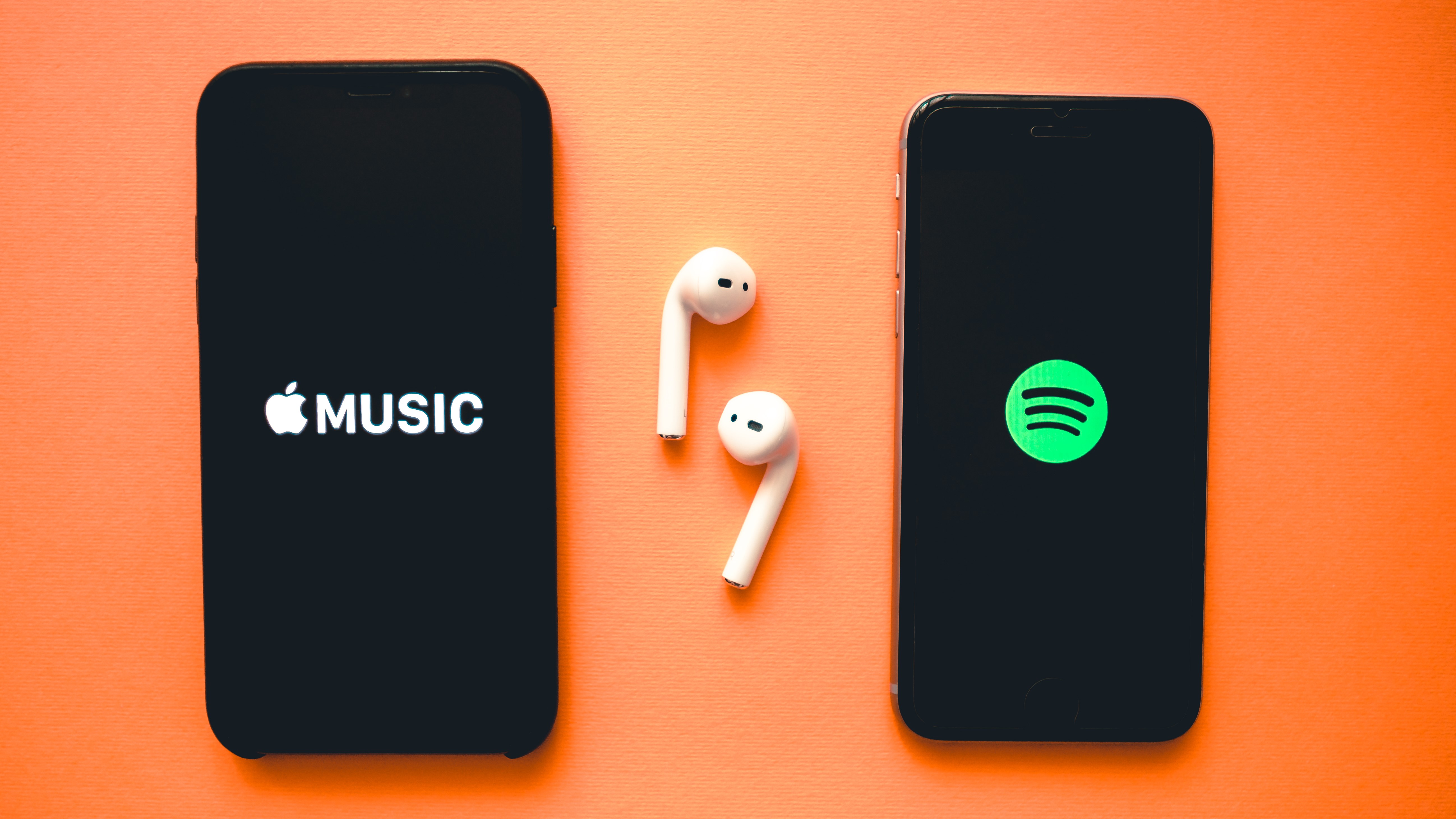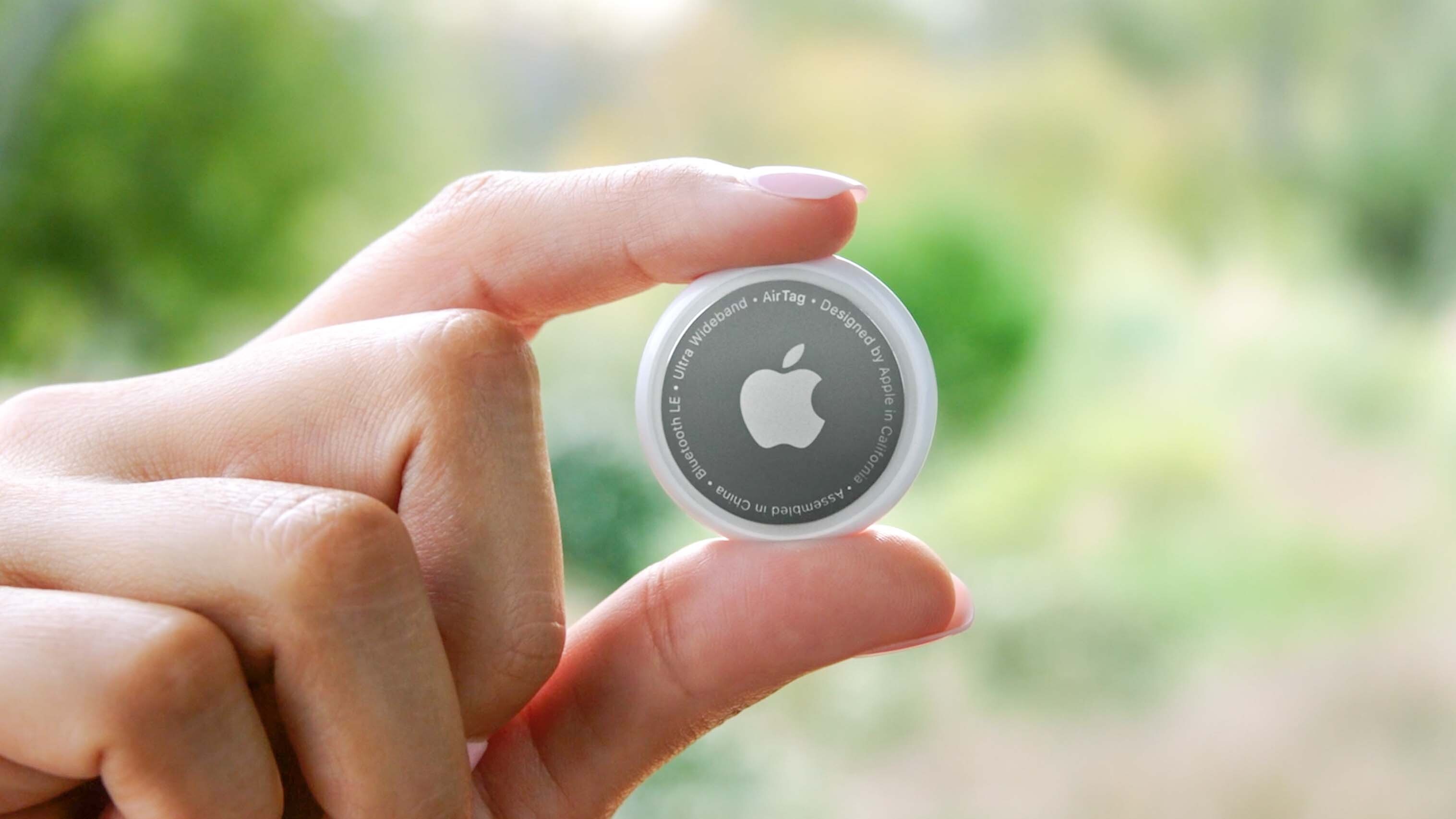Apple’s walled garden is crumbling — here's why
Allowing outside app stores is just the start of what's next

Apple has been synonymous with a closed ecosystem for many years — for better and for worse — but its infamous walled garden looks to be crumbling right before our eyes. The latest sign is that Apple is reportedly preparing to allow alternate app stores on its iPhone and iPads as part of an effort to comply with the Digital Markets Act in the European Union.
According to the report in Bloomberg, “customers could ultimately download third-party software to their iPhones and iPads without using the company’s App Store, sidestepping Apple’s restrictions and the up-to-30% commission it imposes on payments.”
This is a huge deal, and has been the cause of major legal wrangling between Apple and may of its partners and competitors. Remember Fortnite being kicked out of the Apple App Store for trying to go around Apple’s payment system in the Apple vs Epic battle?
This is a huge deal, and has been the cause of major legal wrangling between Apple and may of its partners and competitors. Remember Fortnite being kicked out of the App Store?
Meanwhile, Spotify has continuously complained about unfair competition from Apple Music, filing an antitrust complaint against Apple in 2019 in Europe. Spotify would have to give Apple 30% of its subscription revenue if it offered its subscriptions within the app as things stand now. But presumably that won’t be the case once Apple opens things up.
This is on top of the fact that Apple needs to switch from Lighting to USB-C through a separate EU law. And Apple has already said that it’s making the change, likely in time for the iPhone 15 launch.
According to the Bloomberg report, Apple is laying the groundwark for these changes to be a part of iOS 17, which should be previewed in June of 2023 and launch along with the iPhone 15. But these initial changes are targeted for Europe only — at first.
Apple has repeatedly railed against the idea of opening things up to third-party app stores, citing the dangers of sideloading. And it could be a real threat to user security, as we’ve seen on Android. But Apple is apparently taking extra steps to ensure things are as safe as possible.
As Bloomberg reports, “To help protect against unsafe apps, Apple is discussing the idea of mandating certain security requirements even if software is distributed outside its store.”

These apps may also need to be verified by Apple, which could require a fee. So Apple could find a way to recoup at least some of the money lost by not running a fully walled garden.
Apple apparently hasn’t decided as to whether to comply with the part of the Digital Markets Act that allows devs to install third-party payment systems within their own apps. But Apple is apparently working to open its APIs to third-party apps.
It doesn’t stop there. Apple may drop the mandate to use WebKit for Chrome and other mobile browsers, and it may open up certain features to third-party apps, such as its NFC chip. So in the future you might be able to use something other than Apple Pay with your iPhone. And Apple may further open up its Find My network for the AirTags to accessories like Tile, its main key finder competitor, though some key finders already take advantage of Find My.

Apple reportedly “hasn’t made a decision” on how it may open iMessage to third-party services. The company has been under pressure by Google and others to adopt the RCS standard but has so far ignored those overtures.
As positive a development as this seems for users and for leveling the playing field for Apple’s rivals, it could also hamper Apple’s ability to differentiate its products and services.
There have been other signs that Apple’s walled garden isn’t as high as it used to be. The company is a key partner in Matter, a new smart home standard that’s designed to make smart home devices easier to set up and connect with each other. And it has also partnered with Google and Microsoft on passkeys, which are designed to replace passwords with a more secure alternative.
But make no mistake. The efforts being made to comply with the Digital Markets Act could change Apple forever. And as positive a development as this seems for users and for leveling the playing field for Apple’s rivals, it could also hamper Apple’s ability to differentiate its products and services. For example, could Apple be forced to let Android phones and Windows laptops leverage the AirDrop feature that lets Apple devices easily transfer files?
And where does one draw the line in terms of “equal access to core features with apps and services”? If a key reason for Apple’s success has been the way its hardware and software work so seamlessly together, is it being forced to give away too much of its secret sauce?
Only time will tell. But the walled garden is definitely coming down.
- Next: iPhone 15 Ultra major price hike tipped. Here's what you could get.
Sign up to get the BEST of Tom's Guide direct to your inbox.
Get instant access to breaking news, the hottest reviews, great deals and helpful tips.
Mark Spoonauer is the global editor in chief of Tom's Guide and has covered technology for over 20 years. In addition to overseeing the direction of Tom's Guide, Mark specializes in covering all things mobile, having reviewed dozens of smartphones and other gadgets. He has spoken at key industry events and appears regularly on TV to discuss the latest trends, including Cheddar, Fox Business and other outlets. Mark was previously editor in chief of Laptop Mag, and his work has appeared in Wired, Popular Science and Inc. Follow him on Twitter at @mspoonauer.

